What You Don’t Know About Children’s Eye Exams (But Should)
This is a sponsored conversation written by me on behalf of American Optometric Association. The opinions and text are all mine.
In just a few short weeks children everywhere will be gearing up for a new school year. In our home, our oldest is going to be starting the second grade. While we all think to shop for school supplies and take care of any immunizations needed, many of us fail to remember how important children’s eye exams are leading into a new school year. That is exactly why today I wanted to share some things about What You Don’t Know About Children’s Eye Exams (But Should). I promise, this is an important topic you will want to know about.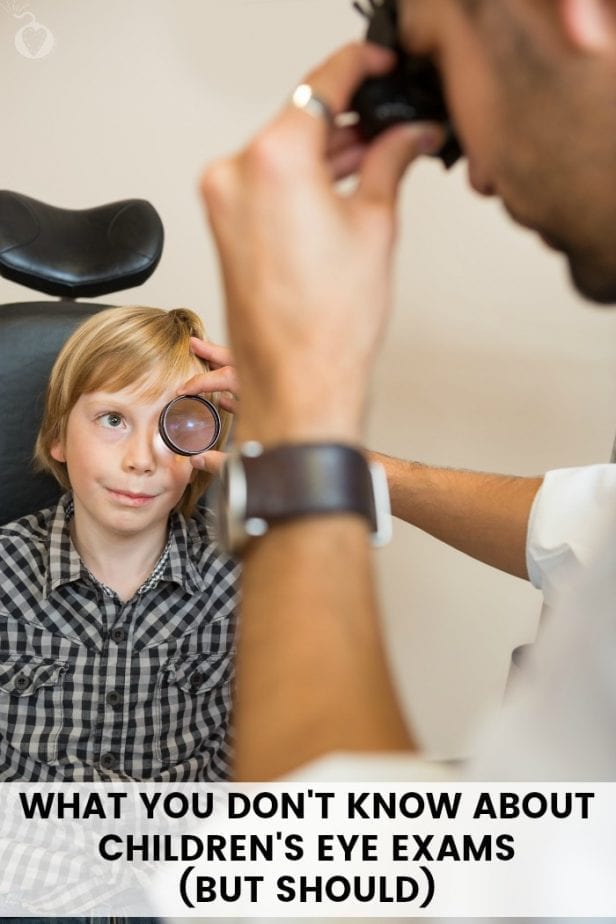
What You Don’t Know About Children’s Eye Exams (But Should)
Like most parents, I used to live under the idea that my children’s eyes were fine unless they told us something was wrong. With our oldest being in school, I also knew his school tested his vision each school year and the school would notify me if something was wrong. For example, last year we were told our son may have a problem with his vision and ended up seeing an eye care provider who informed us his vision was perfectly normal. We were told he may have just been nervous at school causing him to fail his eye screening. While we were relieved, it made me wonder if school screenings were sufficient enough to diagnose problems with eye health which led me on a search for some answers.
The common misconception
Many parents (including myself) often think that there isn’t a problem unless our kids complain about it. And there definitely isn’t a problem if screenings conducted by their schools or pediatrician’s offices show everything is normal. These are both common misconceptions.
In truth, I learned that these screenings can often miss threatening vision and eye health issues. According to the American Optometric Association’s (AOA) 2015 Eye-Q Survey®, 89 percent of those surveyed believe vision screenings (like those offered at school and pediatric offices) are an effective way to detect vision problems. However, a comprehensive eye exam is the only way to rule out all vision problems. To be sure children are getting the eye care they need to be ready for school, parents should pair a visit to their doctor of optometry with children’s annual check-ups to ensure they are in complete health. The AOA recently released a new, evidenced-based pediatric guideline that outlines best practices for when a school-aged child should see their doctor of optometry for a comprehensive eye exam to help prevent or diagnose eye health and vision issues.
One of the most important updates from the new guideline states that preschool-age children should receive an in-person comprehensive eye and vision examination at least once between the ages of 3 and 5 to prevent and/or diagnose and treat any eye or vision conditions that may affect visual development. According to the research, school-age children should now receive a comprehensive eye exam annually – previous recommendations suggested children see their optometrist every two years. The shift to a yearly visit ensures that school-age children receiving an in-person comprehensive eye exam will have any eye or vision problems diagnosed, treated and managed promptly to ensure success in their summer activities and during the school year.
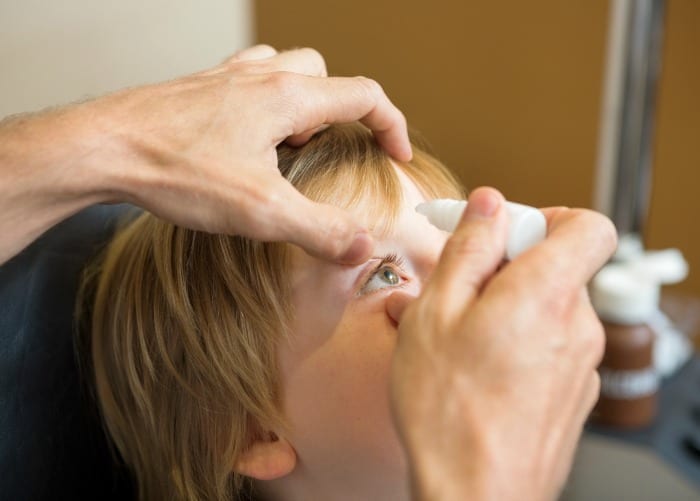
Problems to Watch For
As I mentioned before, it may be hard to diagnose eye health issues if your child doesn’t show any symptoms but here are some things you can watch for that may indicate a problem:
- Covering one eye
- Holding reading materials close to the face
- Headaches or other discomfort
- Short attention span
- Head tilts while reading or concentrating
If your child experiences any of these, it is always a good idea to find an optometrist in your area to conduct a comprehensive eye exam. But whether or not your child is exhibiting problems, you can help support your child’s eye health by going in for an appointment.
What You Can Do To Support Overall Eye Health
Besides knowing things you can watch for that may indicate a problem, there are a few things you can do to help promote overall eye heath for your child.
Besides knowing signs/symptoms that may indicate a problem, there are a few things you can do to help promote overall eye heath for your child.
First, you should know that optometrists are the family eye doctors in the U.S. They can examine, diagnose and prevent eye health issues. Don’t know there were differences between the two? Don’t worry I didn’t either! An optometrist (or doctor of optometry) can examine, diagnose, treat and manage diseases and disorders of the eye. You could call them the front line of the eye health world. They will be the best way to stay informed when it comes to your child’s eye health. You can find a doctor of optometry by using the American Optometric Association’s doctor locator.
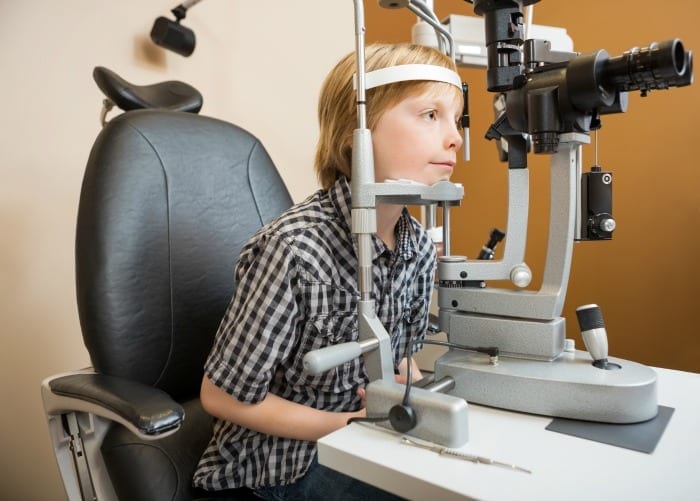
Secondly, you can provide your child with proper eye protection during any sport to prevent injury. Regular prescription eyeglasses or contact lenses are not a substitute for appropriate, well-fitted protective eyewear. If you unsure about proper eyewear, ask your local optometrist.
I will tell you, we certainly got lucky that our son failed his school vision screening. If he didn’t, we may have never known the importance behind an in-person comprehensive eye exam with an optometrist. I probably would have taken that screening and chalked it up to everything being okay.
So, what are you waiting for? Add a comprehensive eye exam to your to-list this summer. You can even visit the AOA’s Website for more information and to locate an optometrist in your area.



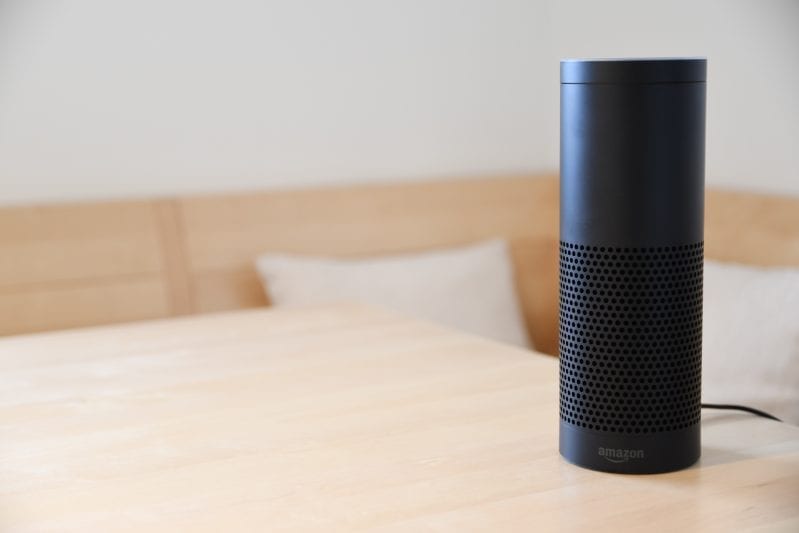
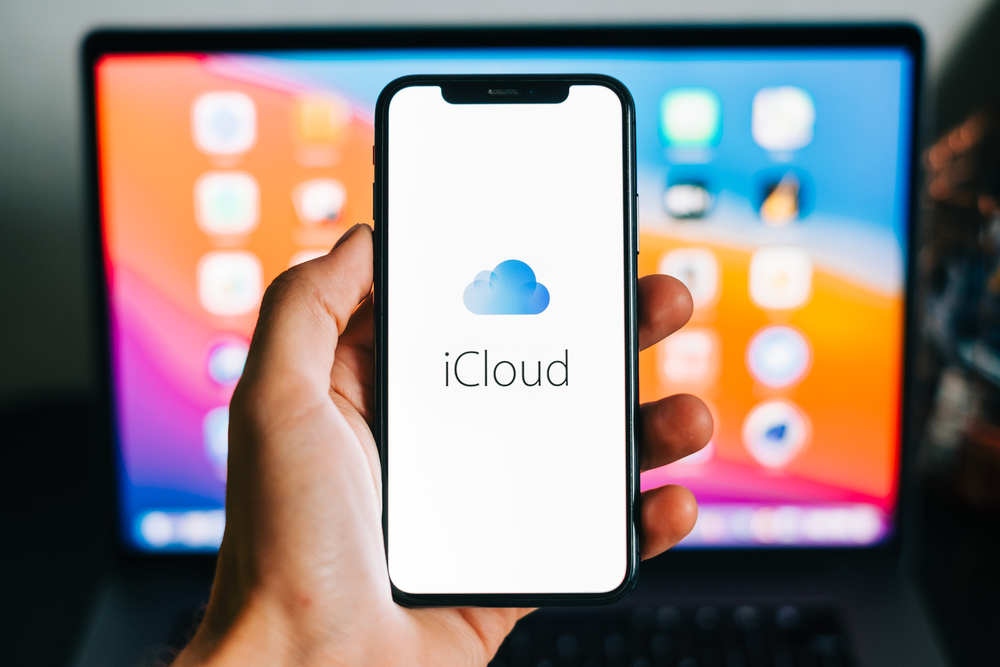


I do like how you mentioned that often the school screening might miss some possible eye problems which is why getting a professional eye exam could potentially be a sight saver for them. That is good to have learned as I would hate to risk my kids’ eyesight. Hopefully, I could find an open schedule for my twins and myself to take an eye exam at a nearby facility at our place. Thanks!